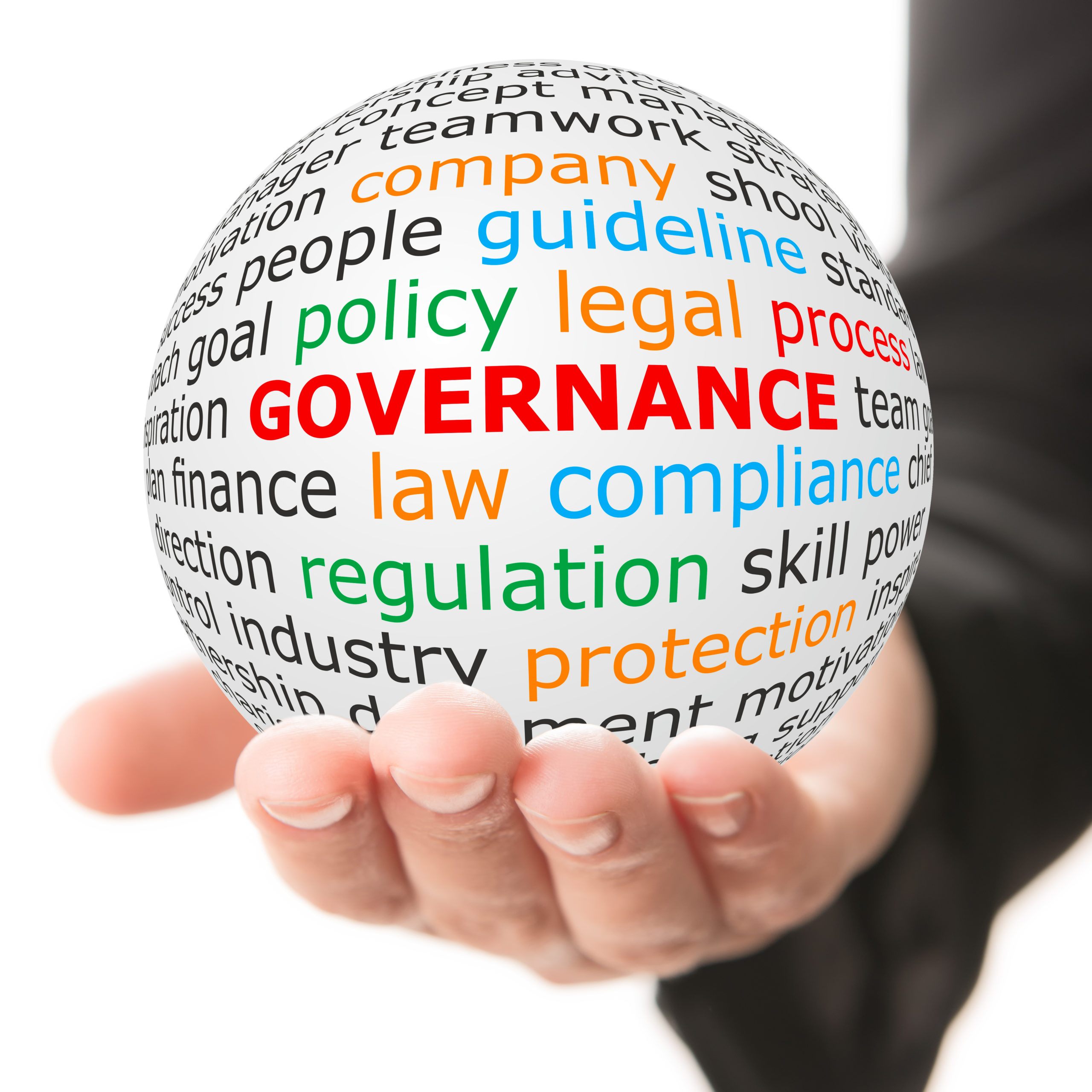It is widely recognized that the system of corporate governance is a key approach to preserving and protecting an enterprise and its stakeholders by checks and balances among the board and officers of a corporation. Strong governance policies make it possible to address potential and existing conflicts between the main parties in the organization; i.e., stockholders and directors. When reviewing governance within a corporate setting, we are either employing an agency theory or stakeholder theory. Under modern corporate governance policies, the board is empowered to act with independence so that it has the ability to act quickly when needed, while at the same time, making decisions that are in the best interests of the stakeholders.
Corporations and businesses in general have been devasted by the coronavirus pandemic and the governance system under which they operate will continue to be stretched to meet the challenges and uncertainties. The effectiveness of their corporate governance system and policies will dictate how corporate enterprises survive the financial impact. It will be critical for directors, officers and stakeholders to work cooperatively and in unity to overcome the challenges and the convergence of what is often competing interests. This is a time for trust in managers, owners and stakeholders inside and outside the organization. Survival will require a coming together of all forces in a collaborative manner so as to take full advantage of human intellect and advanced technology to reinvent how businesses operate now and in the future. The strength of the governance system will dictate how outsiders view the overall business operation and financial viability.
Strong corporate governance and a good control system by and among the directors for the benefit of the stakeholders is the key to preserving the financial viability of the enterprise. During these challenging times, which will not end soon, the strength of the governance system and trust that it builds throughout the organization to make appropriate decisions will be the key to survival of many corporate entities.
Corporate governance should be viewed as a vital control system to solve difficult problems in normal circumstances, as well as during the pandemic. Studies show that when corporate governance and control systems are transparent, the managers, employees and stakeholders embrace its value and create opportunities for improved performance even in the face of a pandemic.
One significant reaction by businesses that have a solid corporate governance policy was the decision to transition to remote work. Although the individual details for each business may vary depending upon the nature of the business or geography, the directors and leadership of those businesses that reacted quickly to the transition have been able to survive, in part because employees and stakeholders trusted the judgment of management and the directors. Although the transition was necessary, it created the risk of cyberattacks. Those organizations with strong governance policies in cybersecurity that effectively communicated to their staff were key to addressing the challenges, along with improved technology and the right approaches to communication. For more information on corporate governance systems or other business issues, please contact PLDO Managing Principal Gary R. Pannone at 401-824-5100 or email gpannone@pldolaw.com.
Disclaimer: This blog post is for informational purposes only. This blog is not legal advice and you should not use or rely on it as such. By reading this blog or our website, no attorney-client relationship is created. We do not provide legal advice to anyone except clients of the firm who have formally engaged us in writing to do so. This blog post may be considered attorney advertising in certain jurisdictions. The jurisdictions in which we practice license lawyers in the general practice of law, but do not license or certify any lawyer as an expert or specialist in any field of practice


